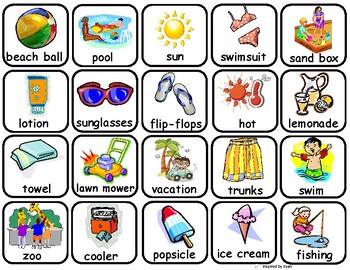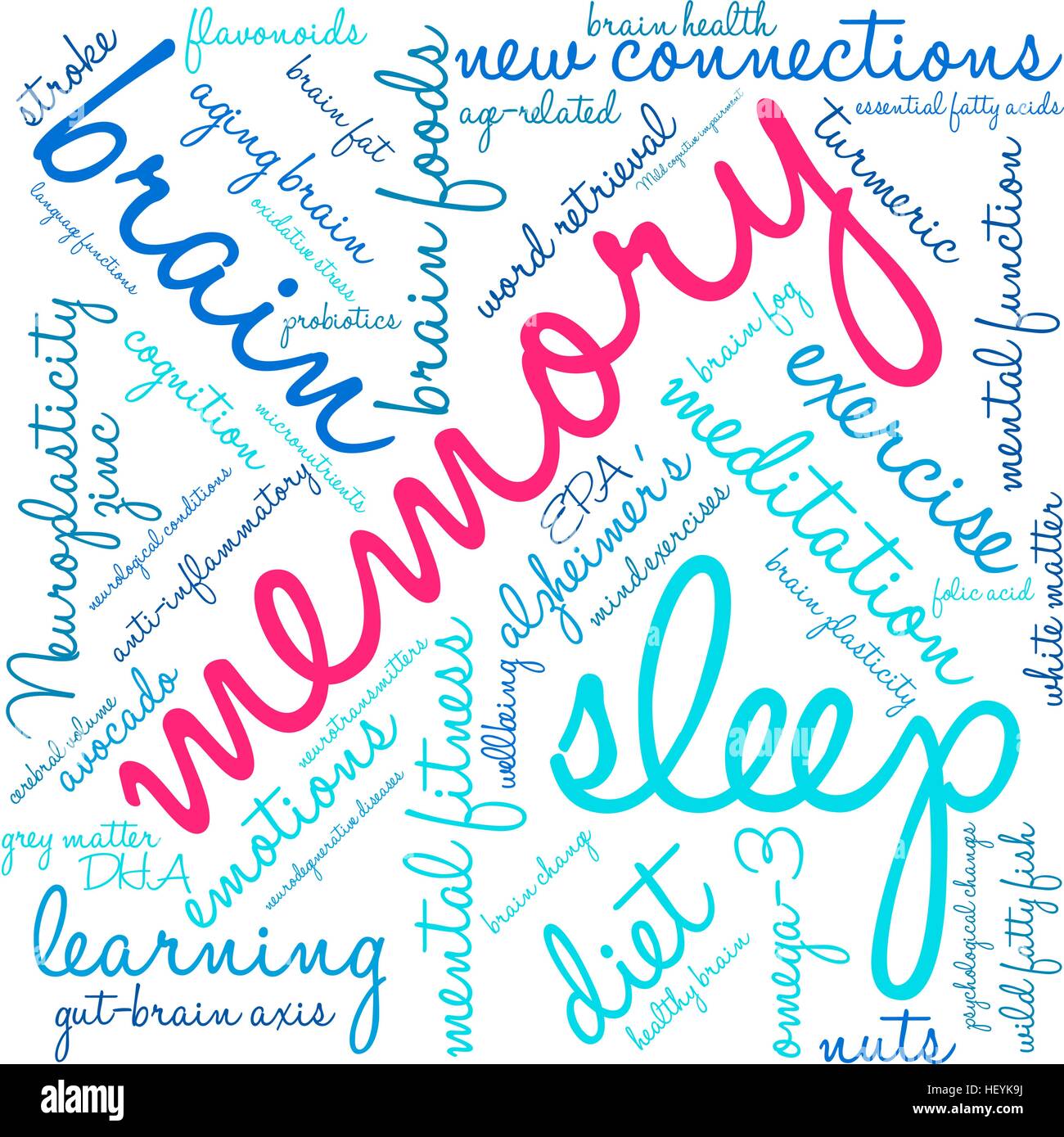
The results of the most recent study to evaluate the efficacy of a six-week programme to teach a rehearsal strategy to children with Down syndrome. Psychologists at the University of Portsmouth have been engaged in a programme of research on training improvements in short-term memory since 1991. (1994) found no significant difference between auditory and visual short term memory. Most studies find slightly better performance in the visual than in the auditory mode, although Short term memory deficits in children with Down syndrome have been identified in a number of studies (Bilovsky and Share, 1965, Language comprehension and speech production (for a review of research on working memory and language see Working memory processes may also be important in reading, ), limitations on the ability to acquire vocabulary may have a pervasive effect on language development. Since single-word knowledge is important for the development of syntax and semantic structures ( Children with poor working memory skills may find learning new words more difficult. Gathercole, Willis, Emslie and Baddeley, 1992 For example, research suggests there may be links between working memory skills and children's acquisition of vocabulary ( Restricted short term memory not only results in practical everyday problems in the classroom or at home, but also may have serious implications for the development of Gaining some understanding of the short term memory problems of children with Down syndrome and producing effective remediation of these problems are important goals. (1996) The effects of a short training in the use of a rehearsal strategy on memory for words and pictures in children with Down One further finding was a significant correlation between reading and memory scores after the training. Responses demonstrated a classic word length effect. Stimulus presentation and response mode showed that memory and verbal recall of longer words particularly improved.
Memory pictures words manual#
Significant differences between auditory or visual stimulus presentation or between manual or verbal responses, but a three-way interaction between assessment point, Results suggest a small but significant improvement in memory spans for children at schools where they were trained by teachers or teaching assistants. This study describes the effects of using a memory training programme with children with Down syndrome at schools for children with severe learning difficulties.



Glynis Laws, John MacDonald, and Sue Buckley The effects of a short training in the use of a rehearsal strategy on memory for words and pictures in children with Down syndrome


 0 kommentar(er)
0 kommentar(er)
